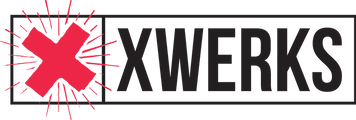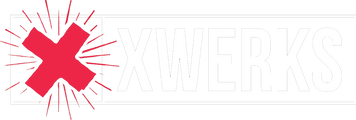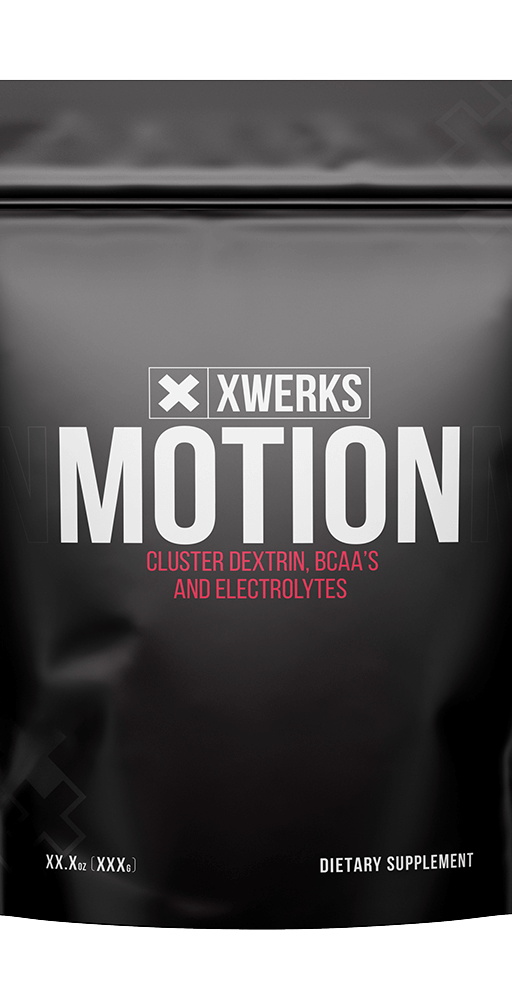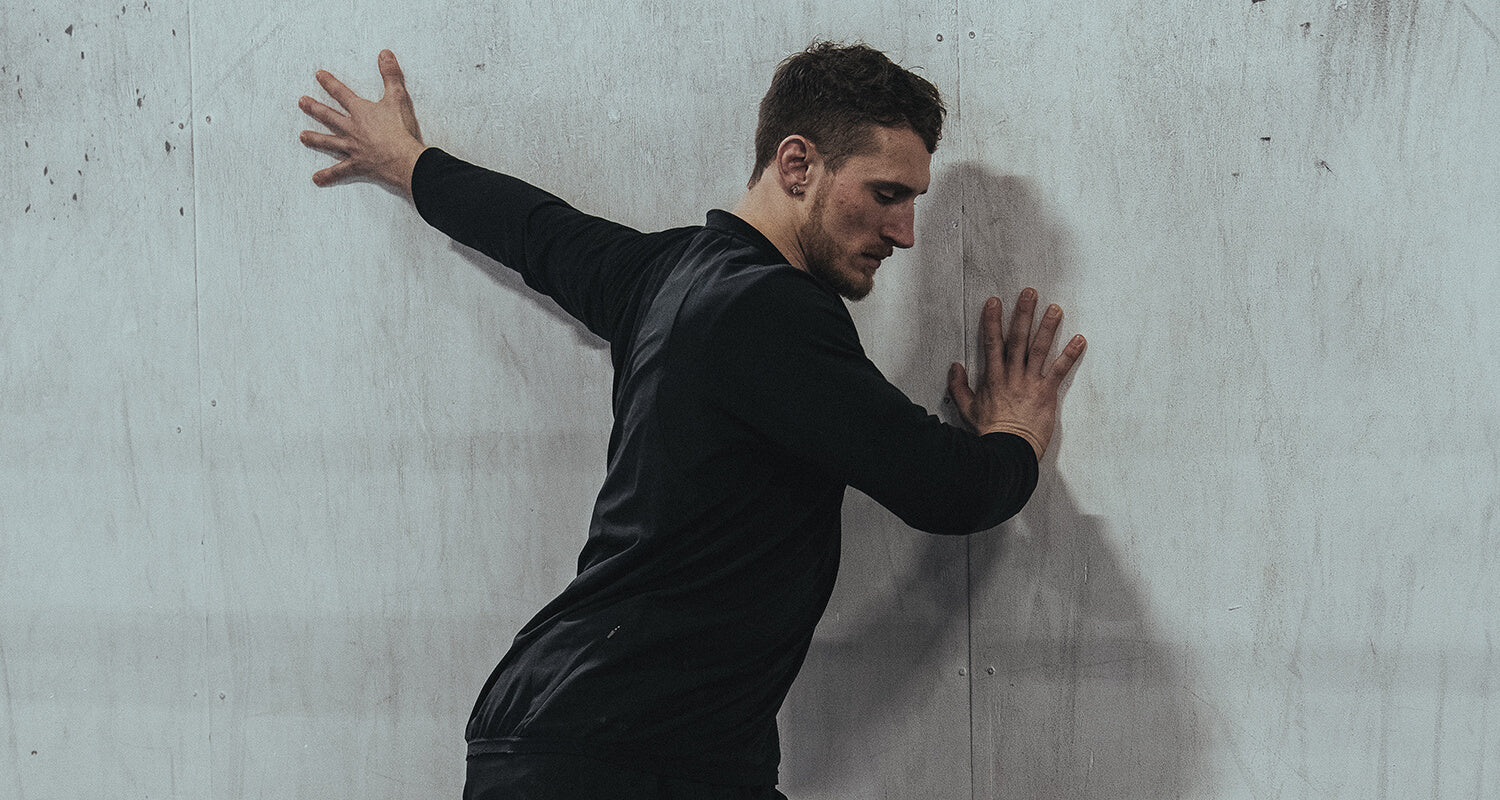
Recovery is a hot and trending word in the fitness and athletic worlds. You can search #recovery on Instagram and find loads of photos and view thousands of different ideas of what recovery means to an athlete.
Through the past 12 years I have spent in the sporting world as a coach and therapist, I have put together the 5 things I feel you should really know about recovery.
1. Active Versus Passive Recovery
There is active recovery and passive recovery. Passive recovery is the use of fancy rollers, tools, equipment, massage, physical therapy, etc. Active recovery refers to the the things you are personally doing to recover from a day of work, poor posture, a training session etc.
Thus, this means you are actively putting your body through movements that are raising your heart rate, increasing blood flow, training a particular skill and will create better movement patterns and prevent injury and inflammation. This is extremely important that your recovery program encompasses this theory. Most people are using passive recovery only.

2. Recovery Is All Day
Recovery does not solely relate to what you do after your training or on a day off. Recovery relates to goals, and goals mean that everything you do has a purpose to reach that goal. Let me explain, if I want to go to the gym tomorrow and have a bada** session working on squatting, I need to plan leading up to that. I cannot sit at work the whole day with horrible posture, draining my mindset with stress and expect to jump into the gym and all of a sudden my body is ready to hit some big numbers. THE BODY DOESN’T WORK LIKE THAT! Thus, how well you treat yourself ALL DAY, EVERY DAY is what creates champions. That relates to sports, fitness, careers, and just being a damn good human being.
Contemplate this:
Sleep = recovery from the previous day stress/training
Morning rituals = recovery from static sleeping and/or prepping for a AM workout
Pre-workout = recovery from demands of work
Post workout = recovery from training session
3. Start with Breathing
90% of the people I lecture to and treat do not have the ability to breathe properly upon assessment. Close your eyes, take a deep breath in and out. Pay attention to what you feel moving. With a sitting/typing/texting/driving culture, we are creating the largest problem as it relates to human movement, and that’s breathing. We become so over dominant with our upper chests, that our diaphragm gets kicked off the team when it used to be the captain.
Breathing creates mobility, it creates stability, allows for a clear mindset and decreases cortisol levels (our stress response hormone). If you do one thing to recover, lie on a foam roller 2 times a day for 10 minutes and breathe. It can get more complex than that, but for beginners it doesn’t need to.

4. Train Movement
Your body is a machine, full of electrical currents coming from your brain. It needs to be constantly tuned and it has limitless potential.
Before workouts, I have put together different sequences based off all the movement geniuses out there, and a mix of Pilates and yoga. Its called “Dynamic Functional Mobility”. It specific to each athlete and their goals, it’s the feel good, stretching, stabilizing, breathing things that I have my athletes warm up and cool down with, and indulge in on recovery days.

If you are going to the gym to snatch, you better make sure you warm-up is specific to it. It has to be ACTIVE movements, that piece together squat training, thoracic extension, breathing, abdominal activation, pelvic floor activation and progressing speeds. And these movements have to be unilateral meaning on the right side than left side, because we are all rotated regardless if we believe we are balanced, its anatomically and physiologically impossible.
We spend about 20 minutes going through these patterns. Stop banging up your body before and after and start training movement, your brain and muscles will thank you. You will train better and recover quicker.
5. Sleep and Nutrition
We all know it but do we all do it? Sleep is when your body recovers. You need undisturbed, deep, healing sleep. Your entire system of organs needs it. I’m sorry but if you are not sleeping, then you just won’t recover as well, will not train as well, and will eventually lead to pain and plateauing. You also have to think about what you are eating, every time you eat.
There are millions of eating programs and theories, when you are feeling good, recovering, and not full of pain, I think that’s a pretty good sign you are on the right program for your body. And this is the most important, your body needs fuel immediately when you are done training. If you want lean muscle gains, and not to let your body go into shock, what you do within 10 minutes finishing a workout is what you need to focus on. And if you're eating fake food all day and expect to have a good training session when you made your gut inflamed, it wont happen either.
Get your eating and sleeping in control now, maybe you do not feel the effects today, it could be in 2 years or 10, but it will get ahold of you at some point. I hope this gives you some food for thought about thinking what recovery can be.
This is not the perfect science, and there can be 20 more points to cover, but this is a good start for when we #recovery.
This was a guest post courtesy of Dr. Lauren Polivka. You can learn more about movement, repair and recovery by visiting her website here - lpdpt.com and follow her on Instagram - lapolivka11
View her previous guest post on mobility


























